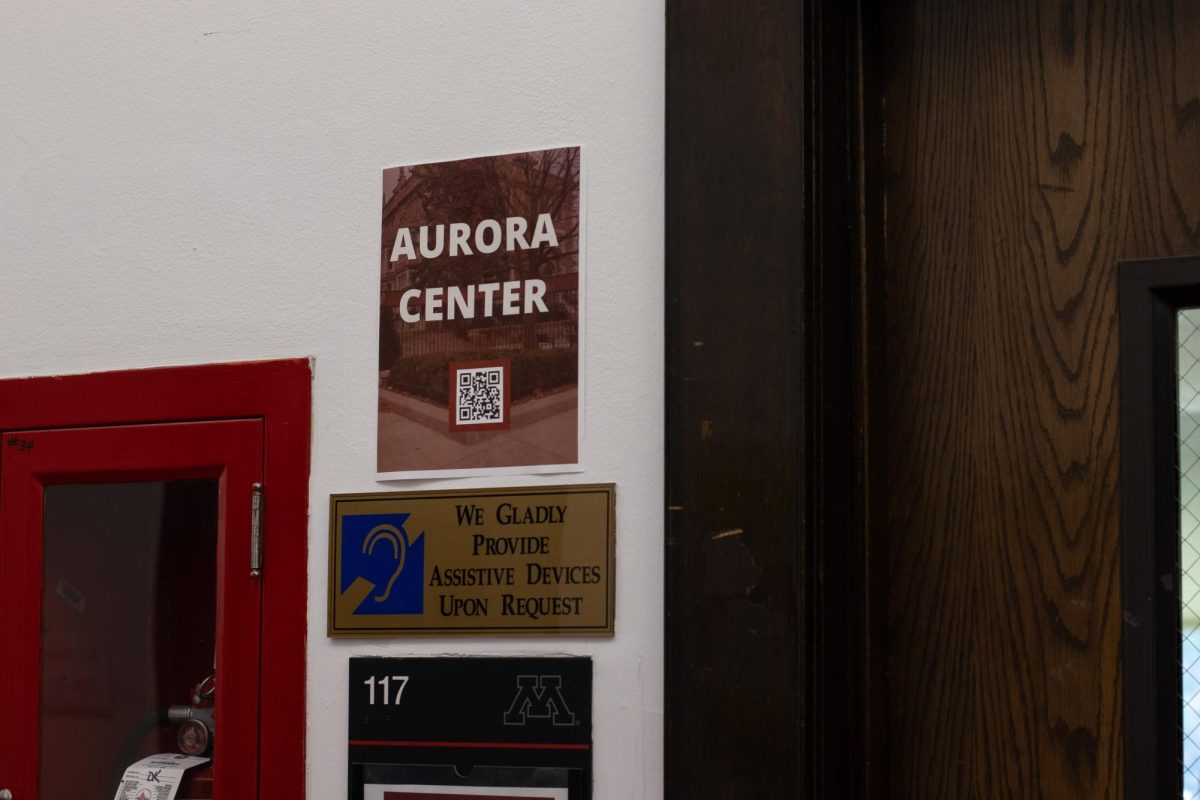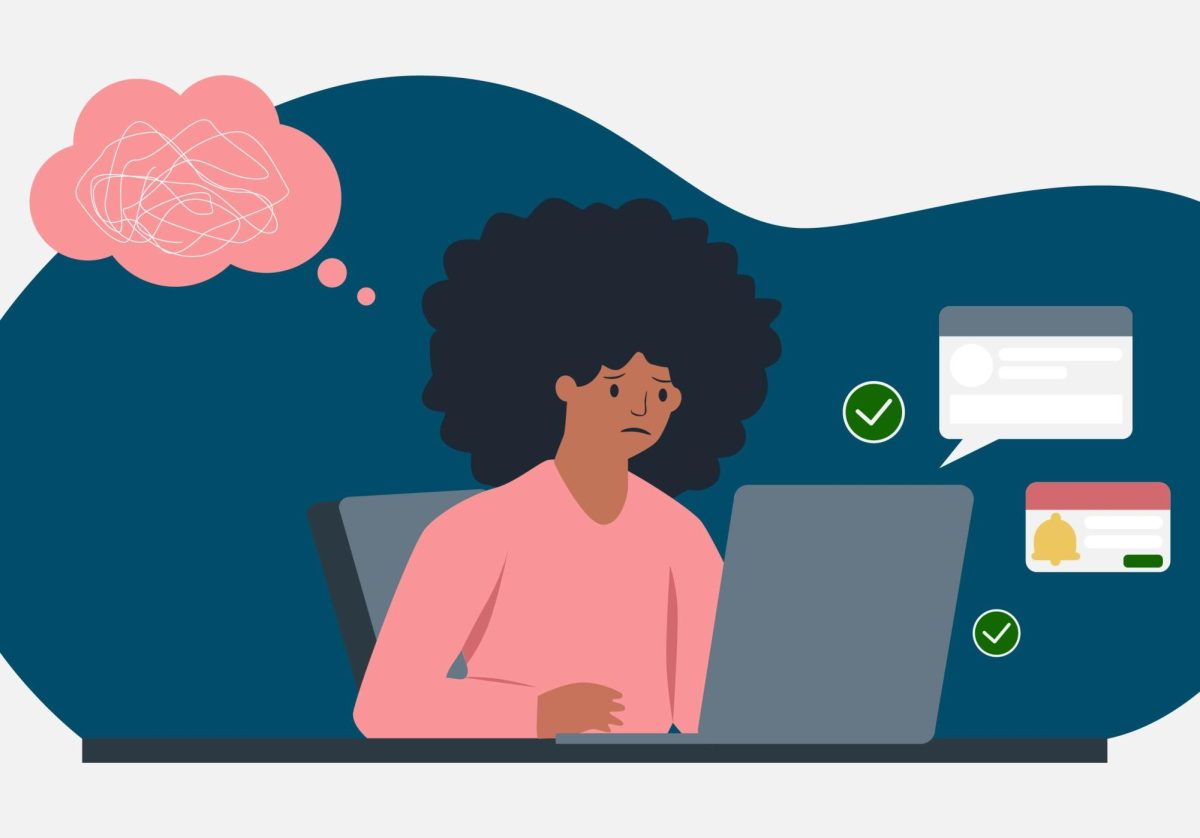When I have period pain, the last thing on my mind is what topic is being covered in class. Instead, I am counting down the minutes until I can go home and lie down in bed until the red devil plaguing my body has decided to ease up.
Unfortunately for me and everyone else who has a period, the University of Minnesota does not count periods as excused absences.
There is a list of what is counted as a legitimate excuse for missing class, and while illness is listed, periods are not clearly counted as excused absences. Professors can determine what is and is not excused on a case-by-case basis.
The penalty for missing class can be extreme and affect a person’s grade in class. This is not something that any student takes lightly, which is why so many students who get their period just push through the pain.
I have watched friends in class go up to random people and ask if they had Midol or ibuprofen when their cramps were too much for them to handle. I have brought a heating pad to class to help alleviate my pain during my period. It’s just what a person has to do to get through the day.
A new study shows a correlation between period pain and a loss of productivity in the workplace and at schools. Researchers surveyed Dutch women between the ages of 15 and 45 and found period pain led to nearly nine days of lost productivity a year. Younger women below the age of 21 were approximately three times more likely than their older counterparts to report having to take time off due to menstrual symptoms.
“There have been times when it [having her period] was challenging, especially during the colder months, and finals were getting closer,” said Let Jin, a third-year student at the University. “It was rough to get up, walk to class and sit through class when experiencing cramping. It became another burden to my mind and body.”
People shouldn’t have to grin and bear it when they are in pain. The lack of acknowledgment given to the difficulty of having a period is nothing new. Women’s pain is frequently underestimated or dismissed.
Research has shown that women in chronic pain are more likely to be considered emotional, hysterical or accused of fabricating their pain, while their male counterparts are regarded as “stoic.” Women’s physical pain has also often been associated with psychological causes.
Just because periods are common doesn’t mean they are easy. People can experience physical symptoms like headaches, dizziness and cramps as well as emotional symptoms like feeling depressed, trouble concentrating or struggling with sleep.
Women are expected to handle their bodies’ struggles and continue with their day-to-day lives. The norm that has been established is to work through the pain because it’s something people who were born biologically female will have to deal with throughout their lives.
“I guess I kind of dismiss my pain, pop some pain-relieving medicine and call it a day,” Jin said.
When I am on my period, I make sure to always have extra Advil in my backpack to ensure I will be able to sit through class. I could always reach out to my professors, but the fact that professors can evaluate what constitutes an illness on a case-to-case basis leaves too much up to chance.
Countries like Indonesia, Japan, Vietnam, South Korea, China and Taiwan have all adopted menstrual leave policies. Universities should follow this precedent and allow students that same grace when it comes to their menstrual issues.
People aren’t skipping class because they don’t value their education. People miss out on class time and get penalized for properly responding to the messages their bodies are sending.
Having something in writing is always more concrete than letting a professor’s whims dictate whether or not something is worthy of being an excused absence. The University should add periods to the list of legitimate excuses. Periods suck, and adding school to that dynamic is just added torture.














Jessica
Nov 30, 2023 at 3:35 pm
Responding to Claire.
I have endometriosis that has migrated into my intestines. I also am intolerant of all forms of birth control with horrible side affects and can not take any hormonal medication to ease this pain. In addition I have lost all but 1 ovary to disease. Going to my OBGYN will not ease the pain of the persistently bleeding cyst in my remaining ovary. But time off to deal with pain would go a long way, since I currently suffer in silence.
Abby
Nov 28, 2023 at 10:51 pm
As a student who has reproductive and endocrinological disorders, I have had a positive experience with professors being accommodating and understanding of my limitations. I do give credit to the fact that I am a humanities major within a department of very forgiving and understanding professionals.
But even with some aid from others, I’m still not able to achieve as much as I had hoped for in my college career because of my health.
Another thing is that while I’ve received great help from the Disability Resource Center, I felt a little dismissed when applying for accommodations. Both my doctor and disability resource advisor told me it would be best to apply to my mental health problems rather than my reproductive/thyroid disorders. Their reasoning was that mental health issues were less likely to be dismissed from accommodations because they’re “less common”. I think the real reason was they were nervous that since it’s a “women’s health issue”, I would be dismissed just on that nature alone.
Claire Hilgeman
Nov 28, 2023 at 8:36 am
This issue goes way beyond what is a legitimate absence from class. Medical issues experienced solely or primarily by women are routinely minimized or ignored. If a woman is experiencing pain so severe that they need to not engage in their regular activities (including school), they need to advocate- aggressively at times- for relief from a gynecologist. There may also be a medical reason why the pain is so severe. Is it fair that women have to be so persistent to get what we need? No. But the alternative is suffering (and that kind of pain IS suffering) monthly or more.